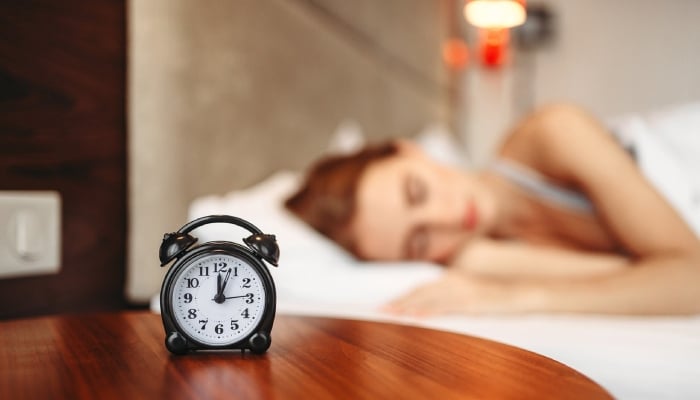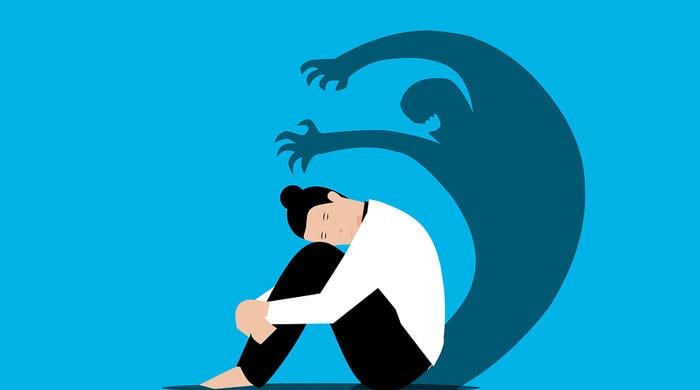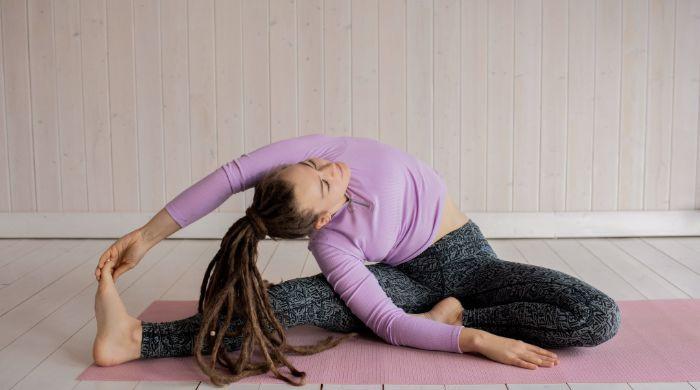8 Science backed Strategies and Top Tips for a Good Night's Sleep
Check out the ultimate guide to transform your sleep routine with easy lifestyle choices
February 01, 2024

While sleep is simply considered ‘down-time’ by many people to unwind and relax, it actually serves a much greater purpose.
According to the research conducted by Dr. Maiken Nedergaard, who studies sleep at the University of Rochester, a good sleep cycle adds to the betterment of cognitive function as well as facilitates various biological processes.
Unfortunately, the fast-paced modern lifestyle has taken away the privilege to get a good night’s sleep from humankind. Nonetheless, researchers have come up with several proven ways to improve sleep quality.
If you are someone struggling with maintaining a good sleep cycle, adopt the following lifestyle changes.
Enable a sleep-friendly environment
To get a distraction-less sleep, lower the room’s temperature, put your phone on silent, and switch off the lights.
Limit screen time in the evening
The prolonged use of smartphones, tablets, or a desktop later in the day causes loss of sleep, so limit it.
Refrain from eating/ drinking before sleep
Having large meals or drinking alcohol right before bedtime facilitates non-restorative sleep, which is when you wake up feeling tired from sleep.
Avoid taking nicotine/ caffeine before bedtime
Nicotine and caffeine are strong stimulants that can easily keep you awake for about 6-8 hours.
Exercise regularly
Following a regular fitness routine keeps the mind and body stress-free and thus improves overall sleep quality. However, exercising close to bedtime works counterintuitively.
Adopt a consistent sleep schedule
Sleeping and getting up at the same time every day improves sleep quality and mood.
Follow a pre-sleep routine
Clearing up your mind before going to bed also improves the chances of a restorative sleep. Some common practices include reading a book, listening to sleep music, visualization, meditation, and journaling.
Get Sunlight during the day
Spending some time under direct sun exposure helps treat insomnia (sleeplessness) and enriches sleep quality.











